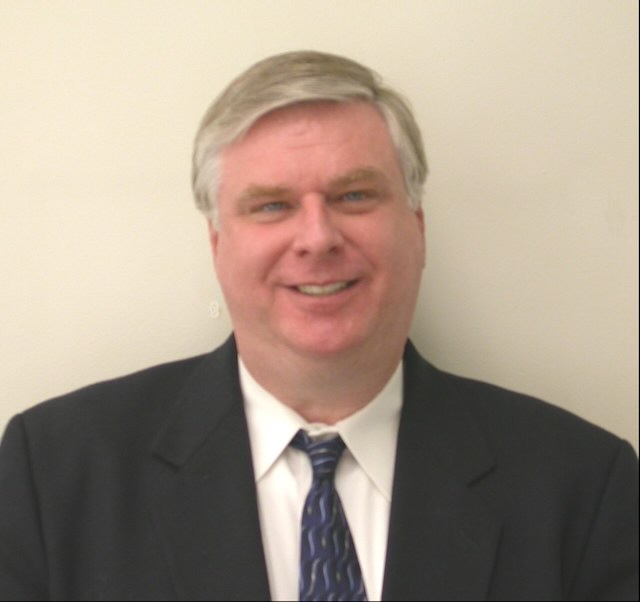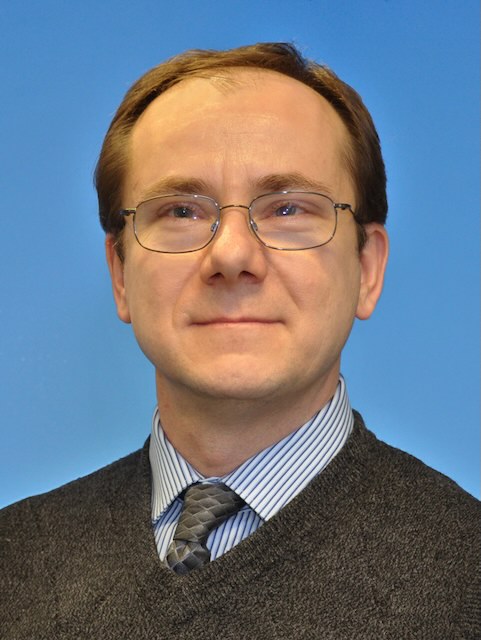About the Instructors
 Donald J. English
Donald J. English
Donald J. English Microbiological Quality Consulting LLC
Donald J. English graduated summa cum laude from the University of Charleston with a Bachelor of Science degree in Biology and has a Master of Science degree from North Carolina State University at Raleigh in Microbiology with a minor in Biochemistry.
He has over 40 years of experience at the bench and managerial levels in industrial microbiology and has worked in the Research and Development and Quality Control Microbiology Laboratories at Avon Products, Inc., GlaxoSmithKline Consumer Healthcare and Merck and Co.
He is currently a consultant that provides consulting services to cosmetic/personal care, dietary supplement and pharmaceutical industries. Has extensive knowledge in the following areas: how to adequately preserve product formulations by using traditional and non-traditional/alternative preservative systems; cGMP auditing of Quality Control Testing Laboratories (e.g. in-house and contract) and non-sterile manufacturing facilities; hygienic design of manufacturing utility systems (e.g. compressed air and water) and manufacturing equipment; risk assessment; microbial test method development and validation; microbial content testing of raw ingredients and finished product formulations; microbial identification of isolates; implementation of rapid microbiological test methods; root-cause investigations of microbiological contamination issues in product formulations; and cleaning and sanitization practices of a manufacturing facility and equipment.
 Dr. Balint Koroskenyi
Dr. Balint Koroskenyi
Symrise Inc.
Dr. Balint Koroskenyi received his Master of Science Degree in Chemistry in Hungary with a minor in teaching and his Ph.D. in Polymer Science from the University of Massachusetts at Lowell. He has held several positions in academia and industry encompassing 23 years of experience. He has worked in Personal Care as a bench chemist, as a technical account manager, and, in his current role, as a product manager for a total of over 7 years. He is currently a Senior Global Product Manager at Symrise’s Cosmetics Ingredients Division overseeing multifunctional ingredients used for Product Protection. He is a member of the Society of Cosmetic Chemists and the PCPC Micro Committee.